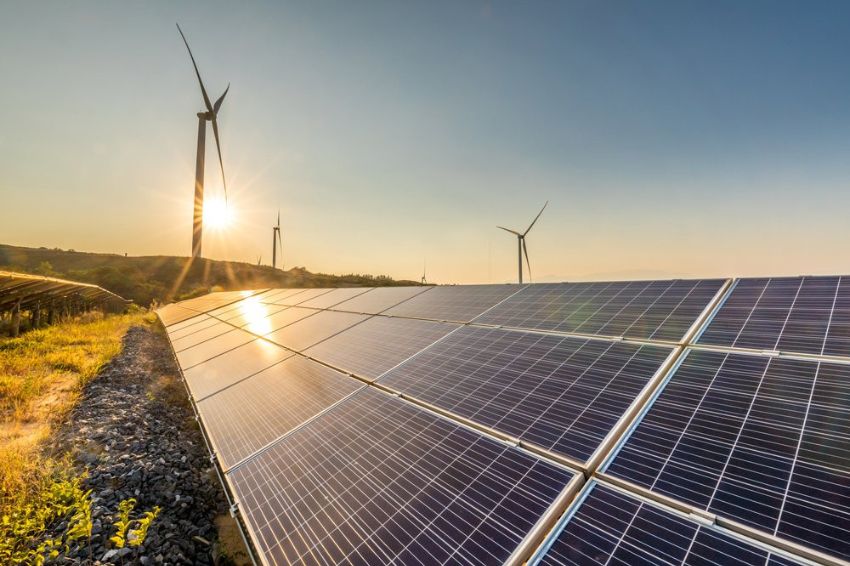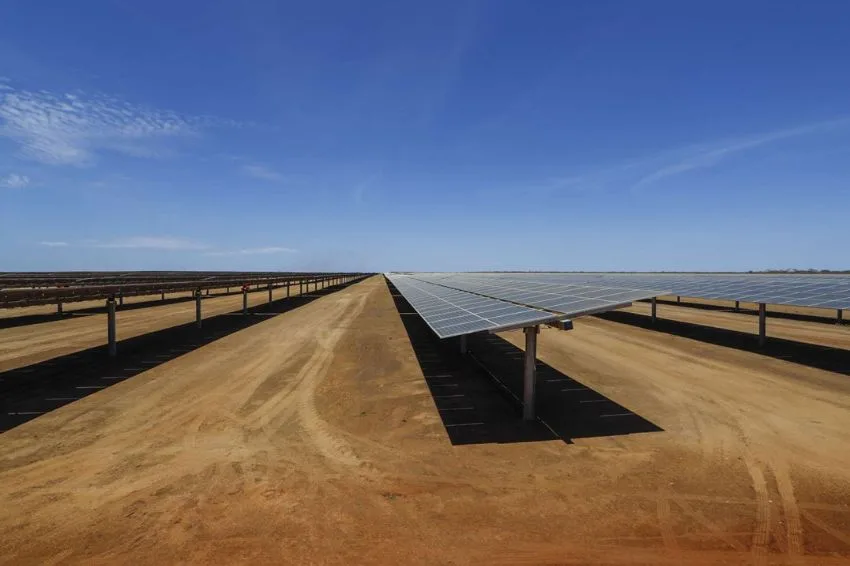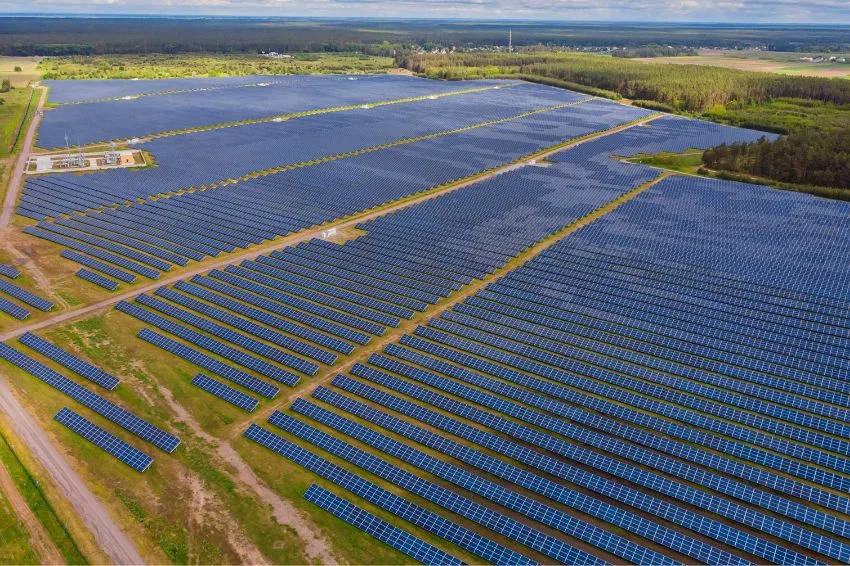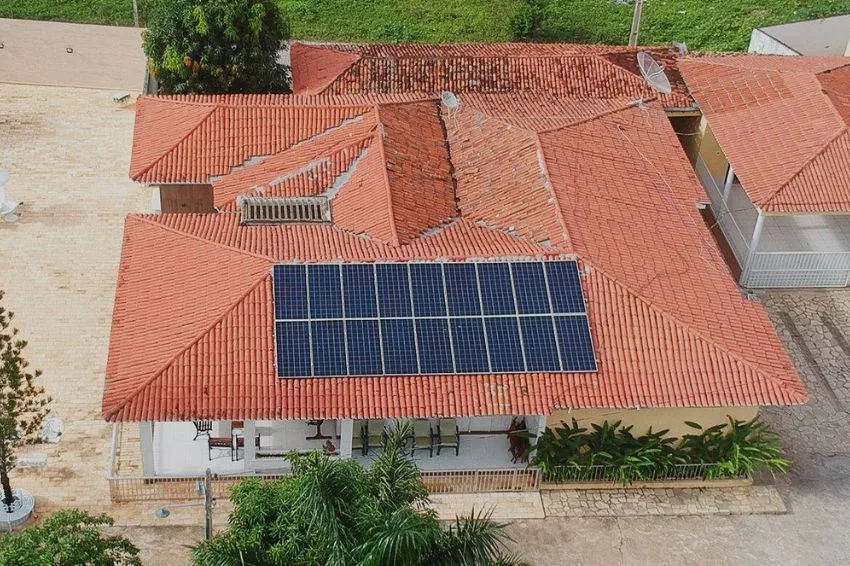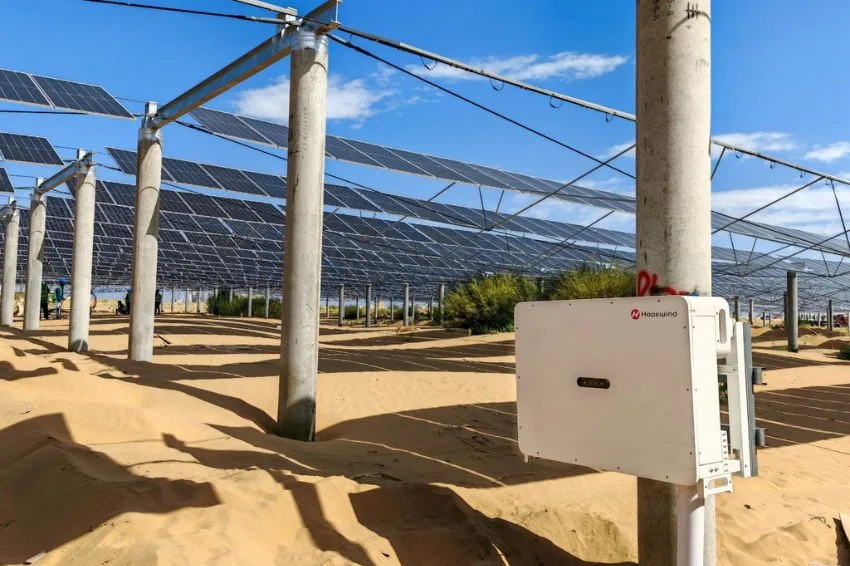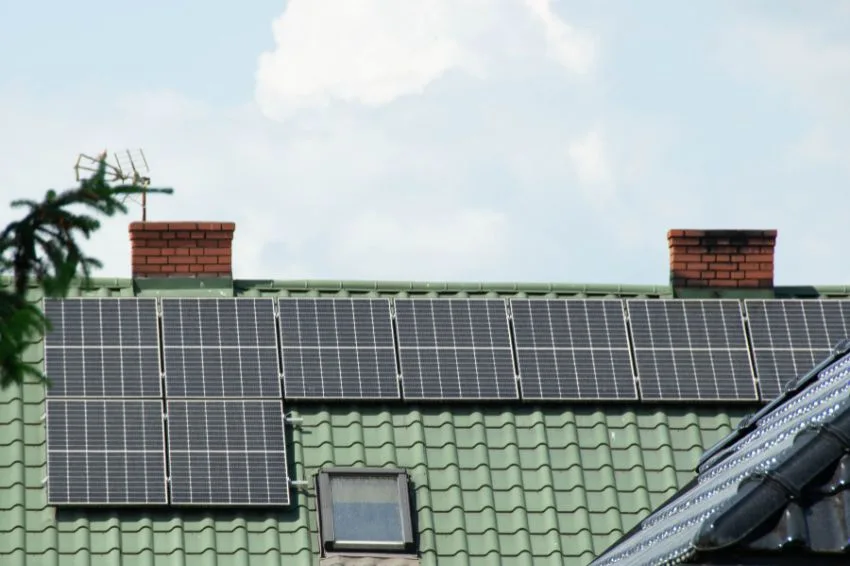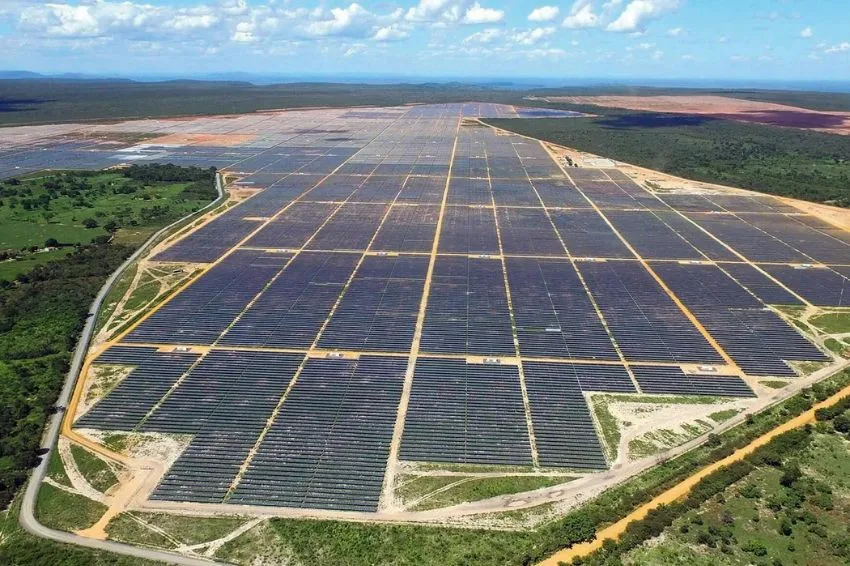Despite supply chain disruptions, shipping delays and price increases for wind energy components and solar, renewables grew by 17% in 2021. This is what the Renewables 2022 Global Status Report (GSR), carried out by REN21.
There were 314 GW of additional capacity last year – totaling 3.1 TW. “However, this is far from the implementation needed to keep the world on track to achieve net zero emissions by 2050,” the study warned.
During 2021, China became the first country to surpass 1 TW – recording an increase of 136 GW, which corresponds to around 43% of global additions. At the end of the year, at least 22 countries had more than 10 GW of non-hydro renewable capacity, up from nine countries in 2011.
Furthermore, renewables generated 28.3% of global electricity in 2021, similar to 2020 levels (28.5%) and up from 20.4% in 2011. Even with the progress of clean sources, increasing demand for Energy was met mainly with fossil fuel.
According to the report, this resulted in the largest increase in carbon dioxide emissions in history – more than 2 billion tons worldwide.
“While many other governments have committed to net zero greenhouse gas emissions in 2021, the reality is that in response to the energy crisis, most countries have returned to seeking new sources of fossil fuels and burning even more coal, oil and natural gas,” said Rana Adib, executive director of REN21.
“However, crisis response and climate goals must not be in conflict. Renewables are the most affordable and the best solution to face fluctuations in energy prices”, he highlighted.
For Adib, it is necessary to increase the share of renewable energy and make it a priority in economic and industrial policy. “We cannot fight a fire with more fire. They offer the opportunity for greater justice and energy autonomy.”
The GSR further documented that Russian threats to halt critical exports of natural gas and oil, particularly to Europe, highlighted the urgency of the transition to renewable energy.
“Despite renewed commitments to climate action, governments still chose to provide subsidies for the production of fossil fuels and use them as a first choice to mitigate the effects of the energy crisis,” they reported.
Between 2018 and 2020, governments spent US$18 trillion – 7% of global GDP in 2020 – on fossil fuel subsidies, in some cases reducing support for renewables (as in India).
This trend, in the expert's view, reveals a worrying gap between ambition and action. It also ignores the many opportunities and benefits of transitioning to a renewables-based economy and society.
“Instead of putting renewables on the back burner and relying on fossil fuel subsidies to reduce energy bills, governments should directly fund the installation of clean sources. In the end, the renewable path will be cheaper, despite the initial investment”, he commented.
Arthouros Zervos, president of REN21, calls for short- and long-term goals and plans to switch to renewable energy, along with deadlines for fossil fuels.
Teresa Ribera, vice-president of Spain and minister of Ecological Transition and the Demographic Challenge, emphasized that “the energy transition is our salvation”.
According to her, renewables will enable innovative business models, transform value chains, redistribute economic power and shape governance in new, more people-centric ways.
“With the right investments in technology, renewable energy is the only energy source that offers every country in the world a chance at greater
energy autonomy and security”, he concluded.


